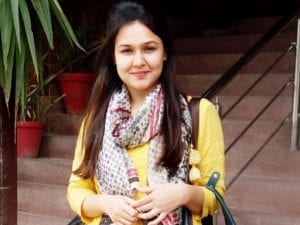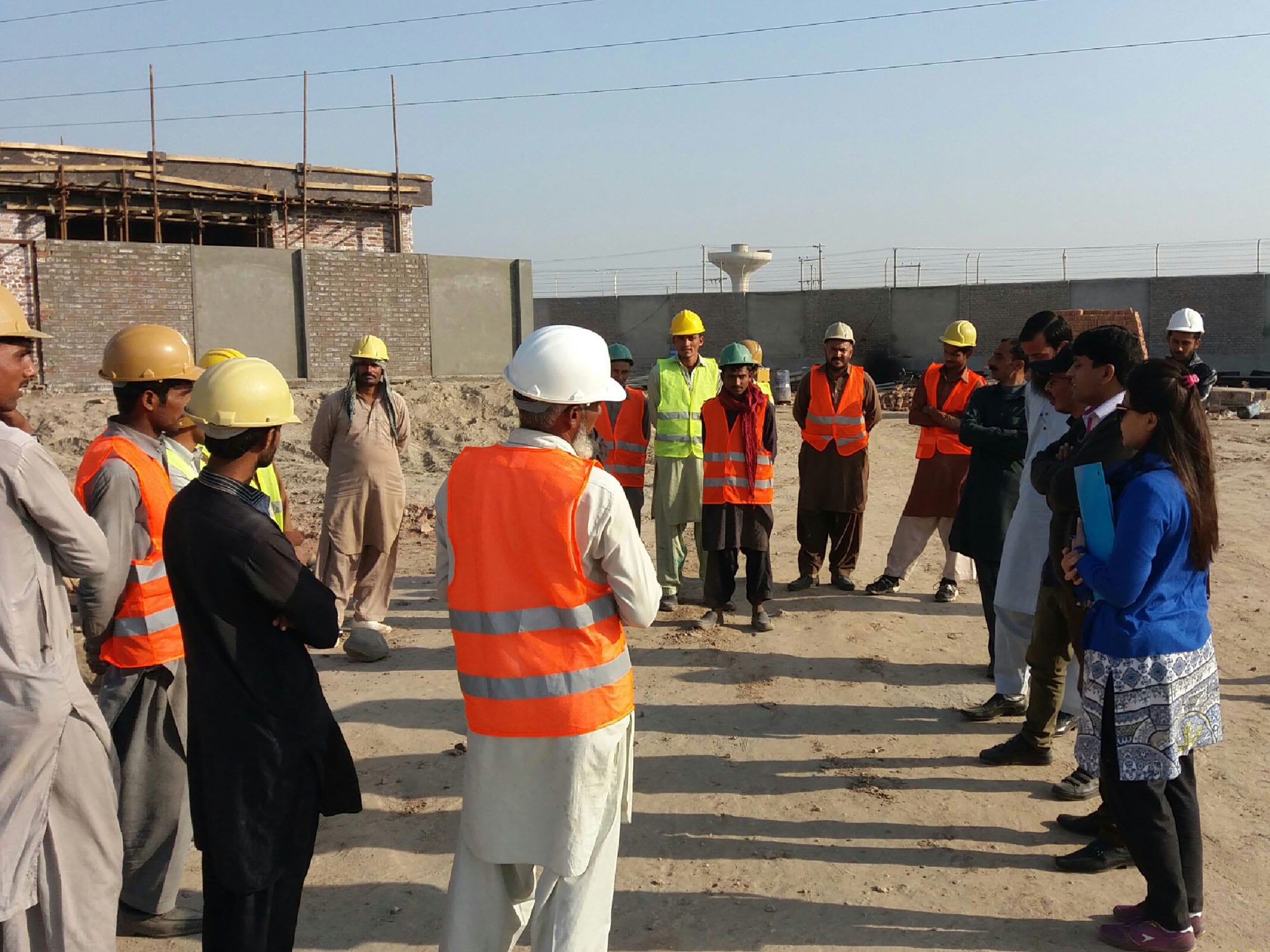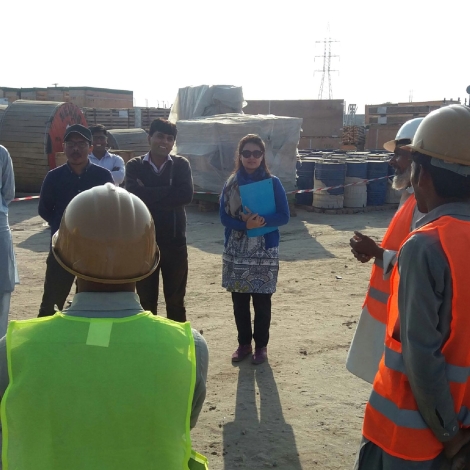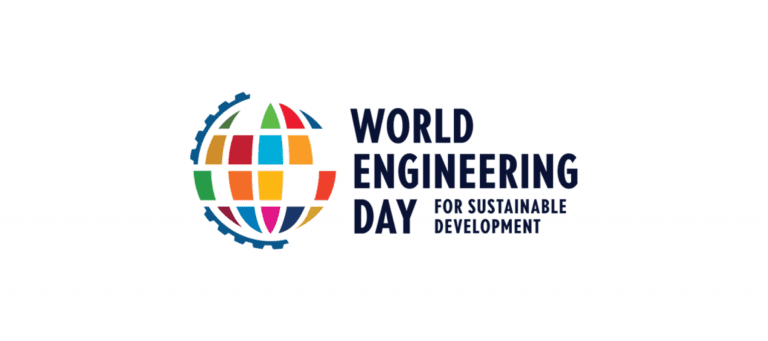Editor’s note: This profile of an engineer is a contribution to Engineering for Change courtesy of the international infrastructure and development consultancy SMEC Holdings, a member of the Surbana Jurong Group.
For more profiles and interviews with thought leaders in engineering for global development, please see the tag ‘women in engineering.’
 As an Environmental Engineer, Umul’s job is not limited to a desk or to 9-to-5 working hours. She spends her days traveling to project sites, often in remote and underdeveloped areas of Pakistan, interacting with contractors, clients and technical teams.
As an Environmental Engineer, Umul’s job is not limited to a desk or to 9-to-5 working hours. She spends her days traveling to project sites, often in remote and underdeveloped areas of Pakistan, interacting with contractors, clients and technical teams.
“My job gets me out of my comfort zone,” she says. “I travel everywhere conducting occupational health and safety training for site staff, managing environmental audits of project sites and reviewing environmental management plans. This can mean all sorts of challenges, big and small. From engaging with site staff who may not understand the importance of occupational health and safety, managing the risks of political instability, and often living on sites where I am the only female.”
Umul grew up in Lahore and graduated in 2013 with an Environmental Engineering degree from the National University of Sciences and Technology (NUST), Islamabad. She has been working with SMEC for several years on major projects in the power enhancement and road construction sectors. Her work, she says, challenges her to make the best use of her abilities and gives her a chance to ‘make the world better.’
Many women I have met are not confident in communicating their ideas and interacting with people, especially an all-male audience.
“As an Environmental Specialist, my work ensures the health and safety of not only the site staff but also the nearby community and the natural resources. I make sure that there is zero or at least minimal disturbance to the surroundings of the project site area.”
One example is Umul’s work on a project called the Power Distribution Enhancement Investment Program, which aimed to improve the efficiency of the overall power distribution system and provide better power supply to a greater number of industrial, commercial and residential customers. This meant adding 13,309 MVA transforming capacity at 132 kV level through constructing, augmenting or extending substations around the country.
“I worked for about three years on this project,” Umul says. “My job was to visit all the turnkey subproject sites to monitor environmental impact. There were around 130 sites all around Pakistan. I was responsible for ensuring compliance with environmental and local regulations. It was often exhausting but I received a lot of appreciation from my supervisors and finished with a real sense of achievement.”
Learning to confidently relay that knowledge to people from all walks of life is an essential skill and one that I feel is really important to setting women up for success.
Umul’s abilities have not gone unnoticed by her managers. “Umul has shown sheer commitment and leadership skills to deliver on projects while managing the discomforts and difficulties of the job like extensive travelling to remote and underdeveloped areas of Pakistan,” said Mr. Muhammad Jamil, Country Manager (Pakistan). “She continues to be a wonderful asset for our organization.”
Reflecting on International Day of Women in Engineering, Umul suggests some practical ways to encourage greater female participation in engineering. “Many women I have met are not confident in communicating their ideas and interacting with people, especially an all-male audience,” Umul says. “They’re hesitant to engage and express their knowledge. Providing opportunities for females to improve their communication skills and learn to express their ideas will help them become more confident, especially in a male-dominated field like engineering but also in any sector. Acquiring knowledge and earning an engineering degree is an amazing achievement and takes a lot of hard work to achieve. But learning to confidently relay that knowledge to people from all walks of life is also an essential skill and one that I feel is really important to setting women up for success.”


